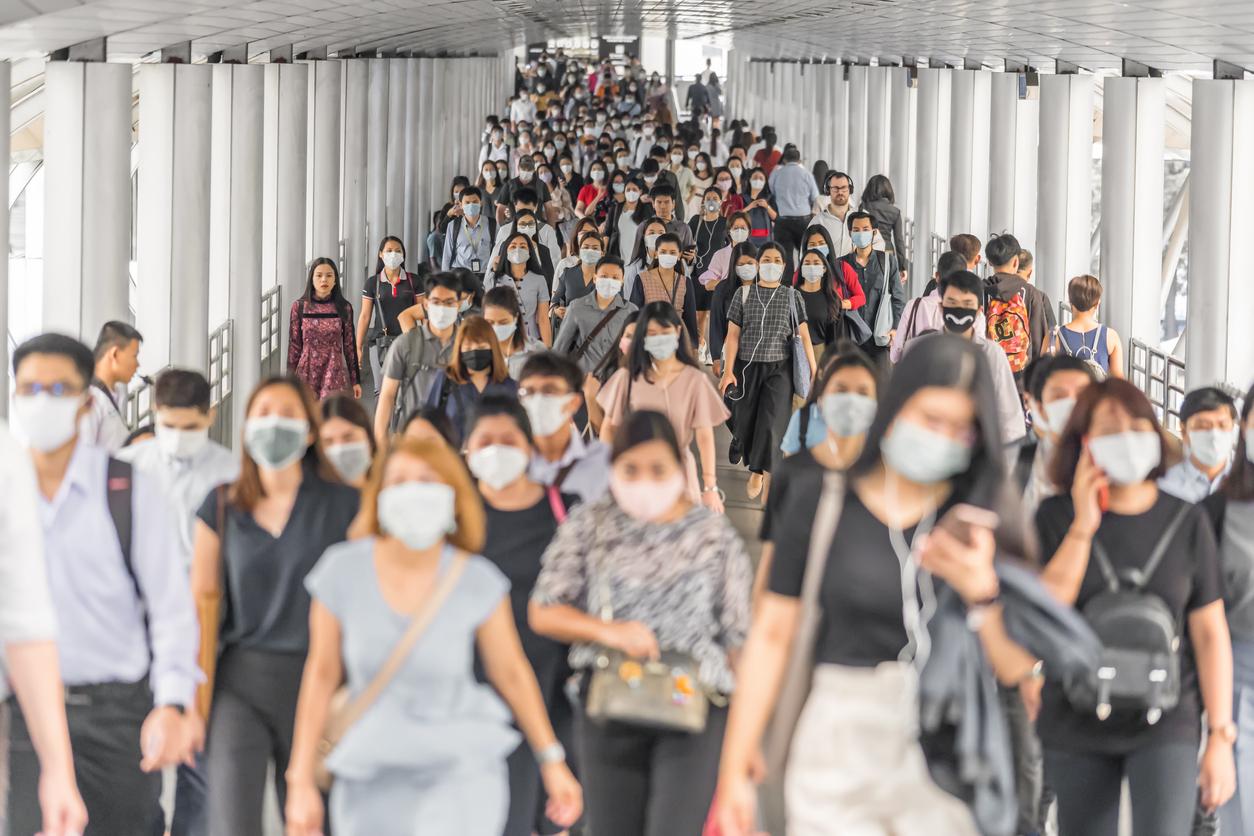Pneumonia is a serious infection or inflammation of your lungs.
In normal breathing, air travels through the nose and windpipe into narrowing airways called the bronchi. The bronchi branch into bronchioles and eventually into small clusters of thin, delicate sacs, the alveoli (medical name: alveoli). In the alveoli, carbon dioxide in the blood is exchanged for oxygen.
Pneumonia is a serious infection or inflammation of your lungs. The alveoli fill with pus and other fluids; this prevents oxygen from entering your blood properly. When your blood contains too little oxygen, your body cells cannot do their job properly.
Pneumonia can affect your lungs in two ways. Typical (lobar) pneumonia affects part (lung lobe) of a lung. Bronchopneumonia (furnace-shaped pneumonia) affects several places on both lungs. Pneumonia is not an isolated disease. There are over 30 different factors that can cause pneumonia. The five main causes are: 1) bacteria, 2) viruses, 3) mycoplasmas, 4) other infectious organisms, such as fungi – including pneumocystis organisms and 5) various chemicals.
Contact your doctor immediately if you notice any symptoms of pneumonia. Even though there are many effective antibiotics for pneumonia control, timely diagnosis and treatment is of great importance.















